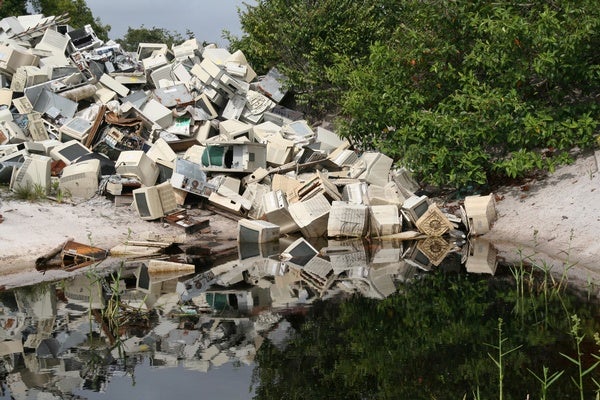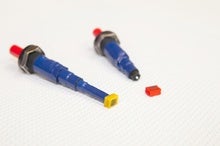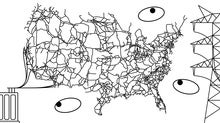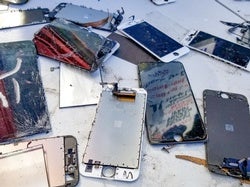 |
| November 16, 2021 |
Dear Reader,
By fixing our devices when they break, we can extend their lives, save money and reduce electronic waste. But independent repair shops and do-it-yourself enthusiasts face steep obstacles—including copyright rules that make some types of repairs illegal. In this week's lead story, right to repair advocate Kyle Wiens explains how federal legislation could help. |
| |
 |
| |
| |
| |
| |
| |
| |
| |
| |
| |
FROM THE STORE
 | | | |
| QUOTE OF THE DAY
 "Russia said on Tuesday it had conducted a weapons test that targeted an old Russian satellite with 'razor-sharp precision' and denied allegations by the United States, Britain and NATO that the test had been dangerous for orbiting spacecraft." Tom Balmforth, Reuters | |
| |
FROM THE ARCHIVE
 | | | |
LATEST ISSUES
 |
| |
| Questions? Comments?  | |
| Download the Scientific American App |
| |
| |
























